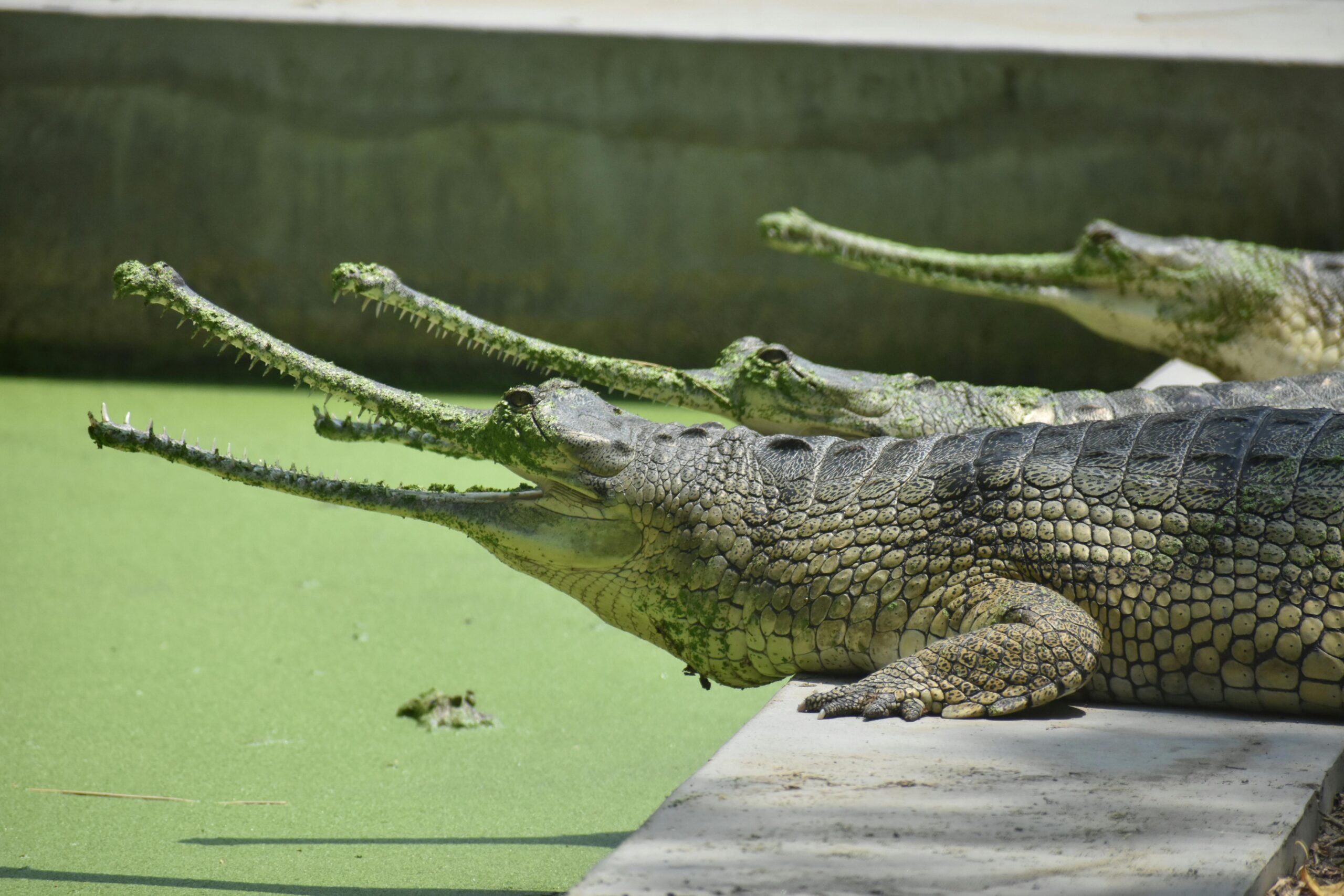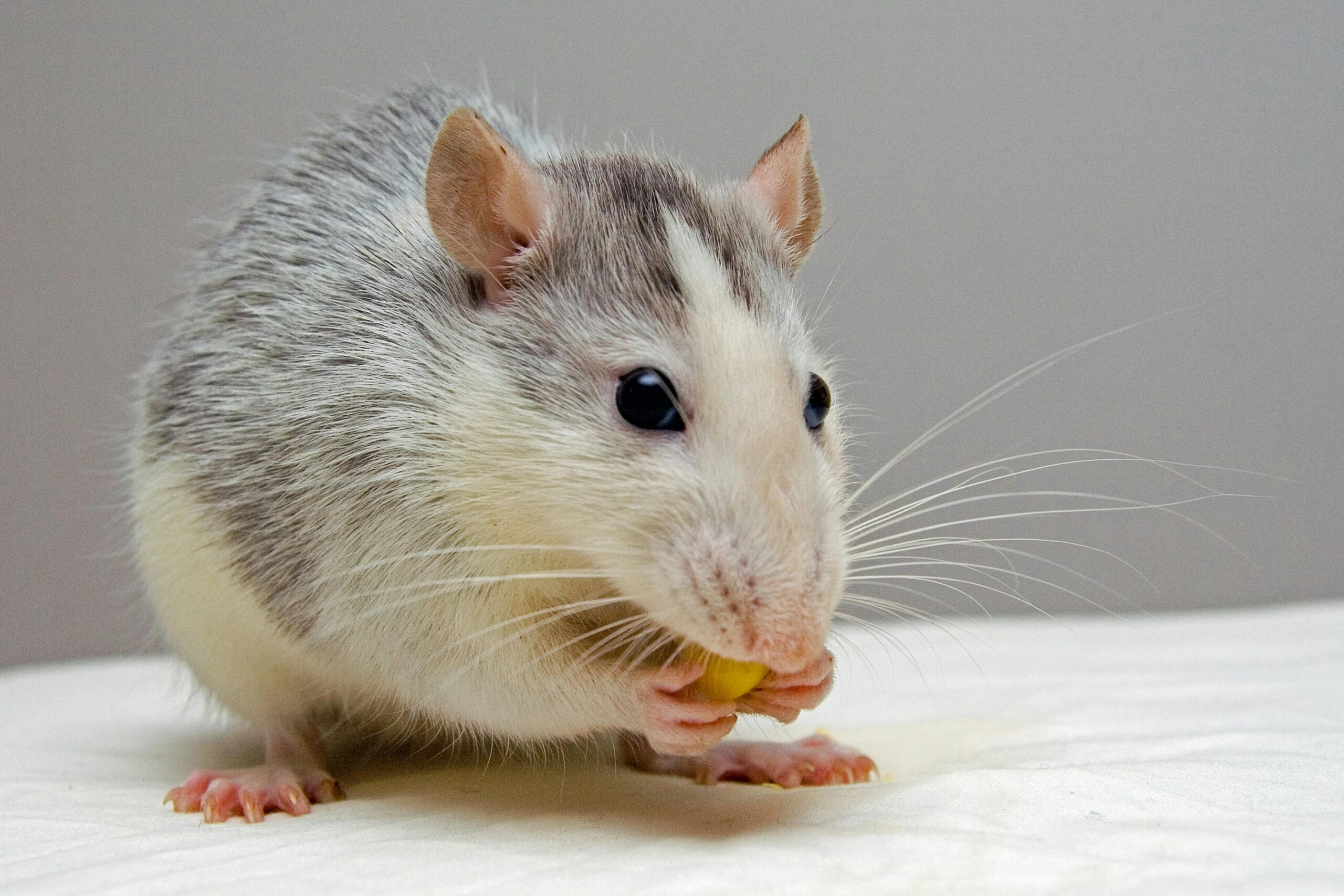(image credit: by AJAY KUMAR )
Crocodiles are famous for their stealthy ambushes and powerful jaws—but did you know they can go for months without eating? Discover how these ancient reptiles survive long periods of fasting and why their slow-burning biology makes them true masters of energy conservation.
Built for Survival Over Millions of Years
Crocodiles have been around for over 200 million years, outlasting dinosaurs and witnessing the rise of mammals. One reason for their evolutionary success? Their incredibly efficient metabolism. Unlike warm-blooded animals, crocodiles are ectothermic—meaning they rely on external sources like the sun to regulate their body temperature. This drastically reduces their energy needs.
When food is scarce, crocodiles don’t panic. Instead, they slow everything down—heart rate, movement, digestion—and can survive on minimal energy for astonishing lengths of time.
One Meal, Weeks of Energy
After a successful hunt—whether it’s a fish, bird, or even a large mammal—a crocodile enters “energy-saving mode.” It can digest food very slowly, often retreating to a cool, quiet spot where it can remain motionless for days or weeks. Some large crocodiles have been observed surviving up to a year without a single meal, particularly if they’ve gorged on a large animal.
That massive feast is stored as fat reserves in their tails and body, which are gradually burned off during fasting. This feast-or-famine survival strategy makes crocodiles especially resilient during droughts, habitat changes, or dry seasons.
Metabolism at Its Slowest
A resting crocodile can drop its heart rate to as low as 2–3 beats per minute. This is part of a metabolic slowdown that allows them to conserve every bit of energy. They also don’t need to maintain a constant body temperature like mammals do, which cuts energy needs significantly.
This ability to “hibernate” in plain sight also explains why crocodiles seem to lounge around all day—they’re conserving energy, not being lazy.
A Peek Into Their Physiology
Scientists are fascinated by crocodiles’ survival mechanisms, especially how their bodies adapt during extreme fasting. Some studies suggest that crocodile blood contains unique antimicrobial properties, possibly helping protect their organs and tissues during long digestive periods when bacteria could otherwise pose a risk.
This combination of slow metabolism, powerful digestion, and biological resilience has allowed crocodiles to thrive in environments that would challenge most other large predators.
What It All Means
From the rivers of Africa to the swamps of Australia, crocodiles remain one of nature’s most efficient hunters and survivors. Their ability to go months without food isn’t just cool trivia—it’s a testament to how perfectly tuned they are for life in the wild.
So the next time you see one basking under the sun, remember: it might be in the middle of a months-long fast… and still doing just fine.


